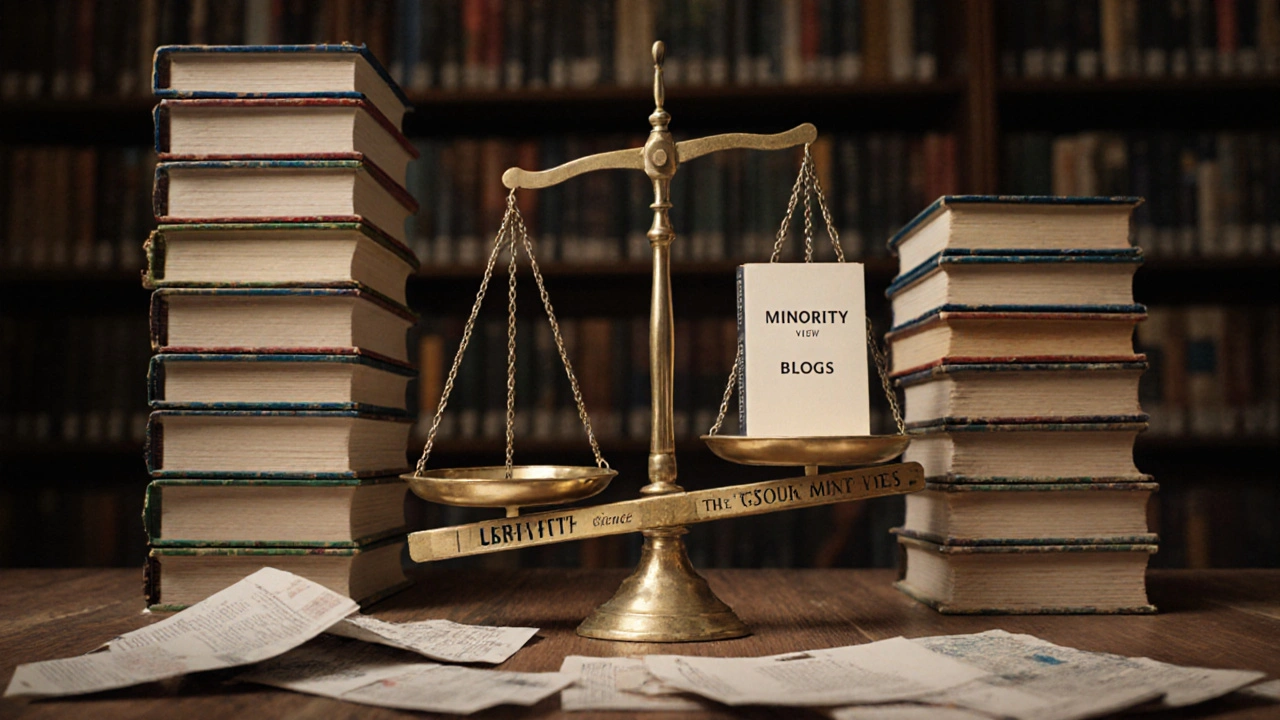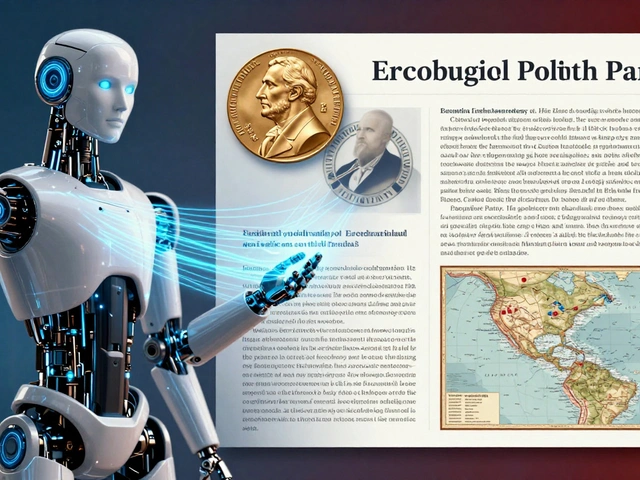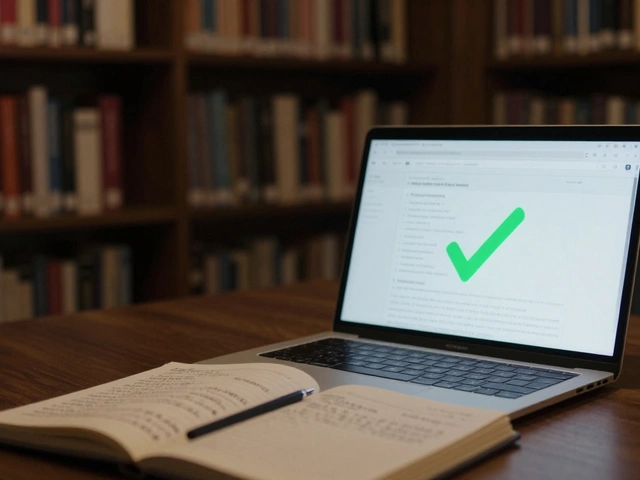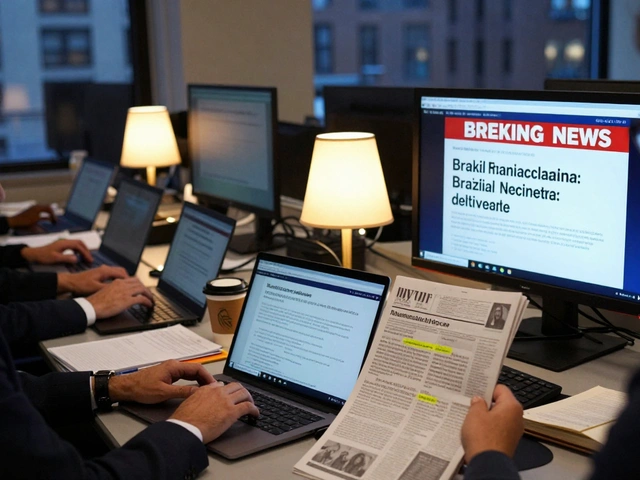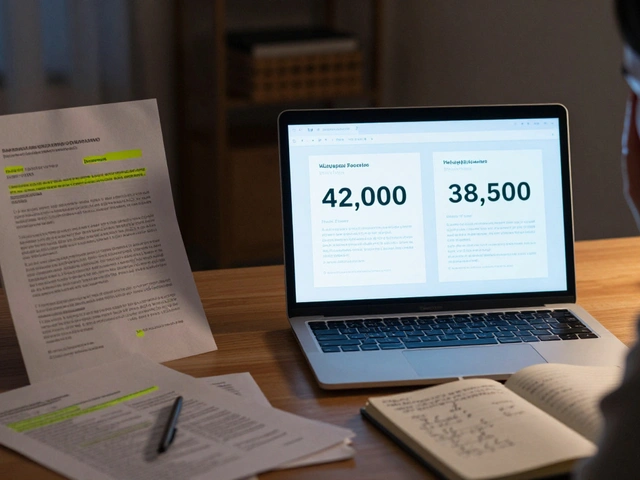Content Disputes on Wikipedia: How Editors Resolve Conflicts and Keep Accuracy
When you see a content dispute on Wikipedia, a disagreement between editors over what information belongs in an article. Also known as edit wars, it’s when two or more people push back and forth on a page, each convinced they’re right. These aren’t random tantrums—they’re the messy, human side of building the world’s largest encyclopedia without a central boss. Every article on Wikipedia is a negotiation. Someone adds a fact. Someone else checks the source. Someone else says it’s biased. And suddenly, you’ve got a debate that can last days—or weeks.
What keeps these disputes from turning into chaos? Wikipedia policies, formal rules that guide how content is added and changed. They’re not suggestions. They’re the backbone. If you want to add a claim about a person’s achievements, you need a reliable source, a published, independent reference like a newspaper, academic journal, or official report. No personal blogs. No YouTube videos. No self-published books. The policy doesn’t care how loud you are—it cares how well you cite. And when two editors can’t agree? That’s where Wikipedia consensus, the process of finding common ground through discussion, not votes or power comes in. It’s not about winning. It’s about finding a version that satisfies the rules, not personal opinions.
Most disputes don’t end in drama. They end in quiet edits, sourced revisions, and calm talk on talk pages. The Wikipedia dispute resolution, a structured way to step in when normal discussion fails system includes mediation, third-party reviews, and sometimes arbitration—but these are last resorts. The real magic? Most editors just want the article to be right. They’re not trying to control the narrative. They’re trying to fix it. And when they do it right, the result isn’t a compromise. It’s better accuracy.
What you’ll find below are real stories from the front lines: how editors turned heated arguments into improved articles, how policy got applied in messy real-world cases, and how the system works—even when it’s under pressure. These aren’t theoretical guides. They’re case studies from the people who live this every day.
Due Weight on Wikipedia: How to Balance Majority and Minority Views in Articles
Wikipedia's due weight policy ensures articles reflect the real balance of evidence from reliable sources-not popularity or personal bias. Learn how to fairly represent majority and minority views without misleading readers.
